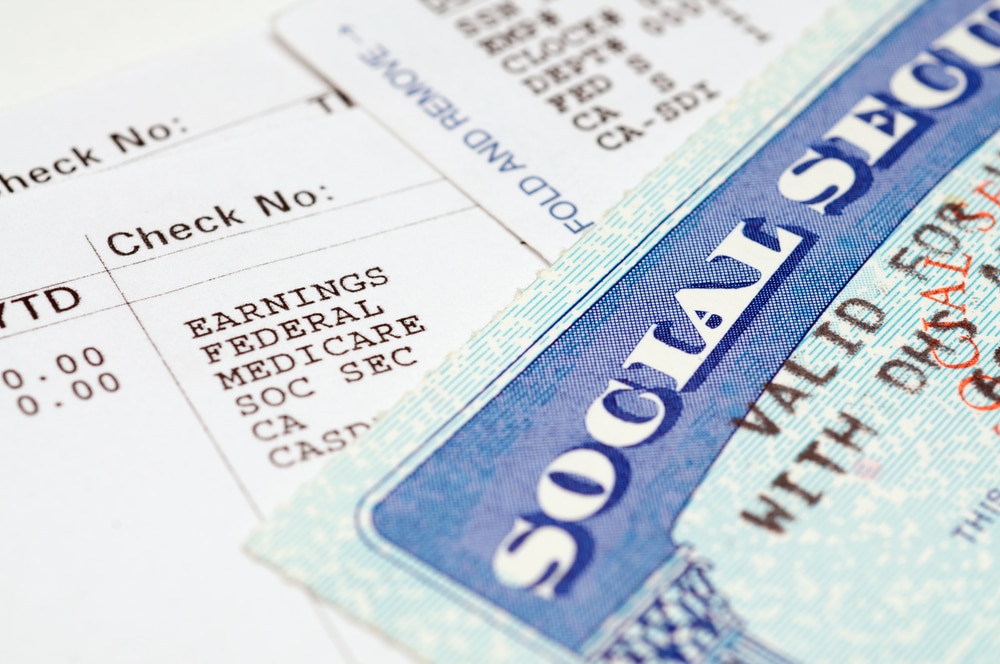What to Know About Government Identity Theft
Home Help Center What to Know About Government Identity Theft

When people think about identity theft, they tend to envision credit card fraud, check fraud or other crimes that can affect their finances. The reality is identity theft crimes fall into several different categories, mostly based on what a thief is after.
While financial identity theft is still one of the most prevalent forms of crime, other types—such as child identity theft, medical identity theft, and even criminal identity theft—are just as harmful. One particularly harmful form of identity theft is known as government identity theft, which manifests itself in different ways based on the use of someone’s government-issued identification or benefits. Here are a few examples, and what to know about government identity theft:
Tax Return Fraud
If a thief manages to get a hold of someone’s personally identifiable information, opening a new credit card is the least of his or her worries. With a Social Security number, an identity thief can file a fraudulent tax return, stealing any potential refund and causing a lot of headaches down the road. Even worse, it can happen every year. In 2019 the IRS reported over 3,500 fraudulent tax returns with nearly $16 million claimed in fraudulent refunds.
Fraudulent Employment
No one likes the thought of someone pretending to be them, but most people don’t give much thought to someone pretending to be them in order to get a job. Fraudulent employment means a person’s W2 statements at the end of the calendar year will reflect that they earned more money than they actually did, impacting the taxes owed. It can also potentially land a person in hot water if they are receiving government benefits. If someone is drawing unemployment insurance or if they have been placed on medical restrictions and are drawing disability insurance benefits, it won’t be long before someone comes to collect those funds back due to their “other” job.
Benefits Fraud
Government identity theft is a very common form of it is the fraudulent use of someone’s information to apply for various federal assistance programs. SNAP benefits (commonly referred to as “food stamps”), unemployment benefits, disability benefits or Social Security benefits are all targets. The fundamental problem is that a person’s information is tied to assistance payouts for which they are not receiving. The biggest concern is that the same person could find themselves legitimately in need of these benefits, but will not receive them because they have already been claimed.
One way to put up barriers to government identity theft is to make sure people are safeguarding their information, particularly their Social Security number. Individuals should not carry their Social Security card with them and should never give out their Social Security number unless there is a legitimate reason. Consumers should make sure they are looking over all of their employment records, accounts, and billing statements regularly and very carefully and report any suspicious activity immediately.
If someone is a victim of government identity theft, they can contact the Identity Theft Resource Center for toll-free, no-cost assistance at 888.400.5530. They can also live-chat with an expert advisor.
For on-the-go assistance, people can check out the free ID Theft Help App from ITRC.
You might also be interested in…
How much information are you putting out there? It’s probably too much. To help you stop sharing Too Much Information, sign up for the In the Loop.
Get ID Theft News
Stay informed with alerts, newsletters, and notifications from the Identity Theft Resource Center

